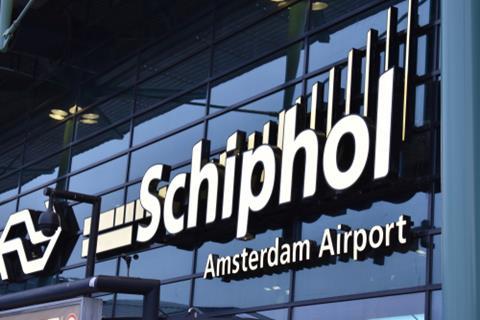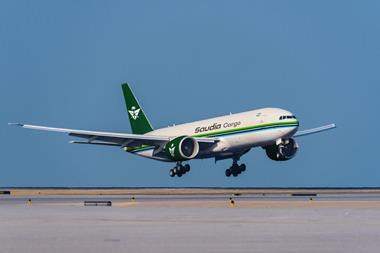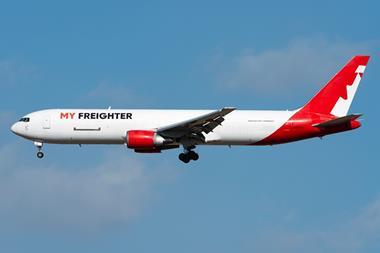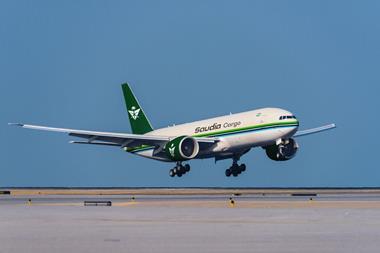
The Schiphol air cargo community is calling for freighters to be excluded from Dutch government plans to reduce the number of flights from the airport next year.
Last week, the Dutch government announced plans to reduce the number of flights from Schiphol from November next year as part of efforts to reduce noise and environmental pollution.
The government plans to reduce the number of slots at Schiphol by 12% from the current 500,000 per year to 440,000. If a previously planned increase to 540,000 is taken into account, the reduction is 20%.
However, Dutch freight and logistics association evofenedex called on the government to make a distinction between types of flights when reducing the number of slots in order to maintain cargo capacity at Schiphol.
The group said that cargo flights account for around 2.5% of the number of flights at Schiphol and make an important contribution to Schiphol's economic significance.
"Entrepreneurs use airfreight for the shipment of high-value and time-sensitive goods such as high-tech machines and pharmaceutical products," evofenedex said.
"Cargo flights have also played an important role in the shipment of medical and urgent goods during the corona pandemic.
"Entrepreneurs are aware of the contribution that cargo flights make to noise and emissions and try to limit their use as much as possible."
Cargo flights have been under pressure at the airport since 2018 when Schiphol began to reach its maximum number of slots and the many cargo flights that operate using ad-hoc slots came under pressure.
To meet this challenge it was agreed that a certain amount of returned slots would be prioritised for cargo flights under an agreement known as the local rule.
The plans could also put an end to the local rule, said evofenedex.
"In his letter, Minister Harbers indicates that the slot coordinator may no longer issue released slots as soon as possible," said evofenedex. "With this, the 'local rule' for freight companies seems to be abolished."
According to evofenedex, this means airfreight is taking a double hit; the loss of slots due to the planned reduction and also the end of the local rule.
"Further curtailment of airfreight at Schiphol makes the Netherlands less attractive for the production and distribution of high-tech and pharmaceutical products," the organisation said.
"The export opportunities of Dutch entrepreneurs and employment are coming under pressure. That is why, according to evofenedex, it is important to safeguard the relatively small part of cargo flights at Schiphol and to be sparing with the proposed shrinkage strategy."













